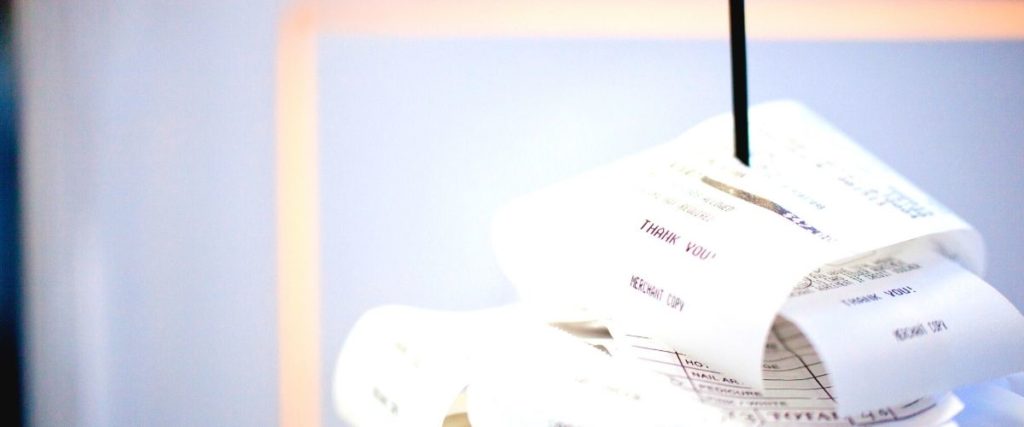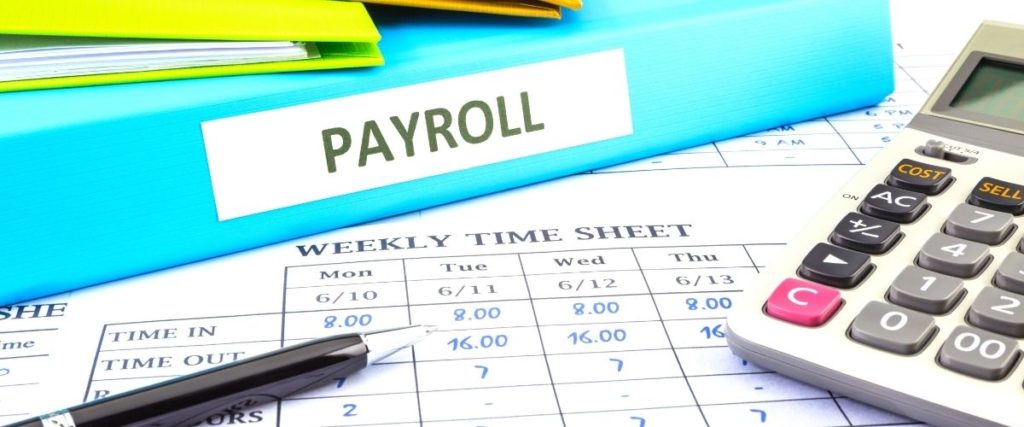The pandemic has changed many of the types of business success stories. For example, one local restaurant saw their business traffic fall to nearly nothing in the face of pandemic shutdowns. Instead of closing the business, the restaurant switched to carryout and delivery of food and liquor, and thrived. Your business has managed to thrive as well, and you may be wondering what your next step should be. You need to think about hiring a bookkeeper.
Small business owners are often worried about a lot of things, but hiring a bookkeeper isn’t typically one of them. Starting a business means you are trying to decide when to open a location, hire employees, and apply for business loans to expand. The last thing many business owners worry about is a bookkeeper, but it should be higher up on your list. Small business owners usually take their time hiring a bookkeeper because so many other details need their attention.
Business owners focus more on getting and maintaining customers, marketing, product placement, employee retention, and making their business as appealing as possible. Once a business owner hires a bookkeeper, nearly 90 percent of them say they will never go back to life before a bookkeeper. Why would they, when a bookkeeper saves them both time and money?
If you are new to having a bookkeeper on your staff, or you are thinking it is time for you to hire a bookkeeper for your business, there are items you will need to begin saving for your bookkeeper and information your bookkeeper needs to make sure your business continues to prosper. Here are the items your bookkeeper will need to do their job.
Save Your Receipts
Collecting receipts from your business means that you need to find a place for all of that paper you’ve stuffed in your wallet or in an envelope sitting on your desk. One of the most important items your bookkeeper needs are your receipts. You may have never saved your receipts before, especially if your business is small and growing, but now is the time. Bookkeepers are all about keeping track of your money that comes in and goes out of your business, so receipts are extremely important.
Your bookkeeper will need all of your business receipts. If you’re questioning why receipts are important, here is an explanation of their importance to your money and your business financial records.
First, if you keep your receipts from business expenses, both your bookkeeper and your accountant can use them to justify your tax returns at the state and local level. One of the reasons business owners intensely hate doing their taxes is because of the paperwork involved. With receipts, you’re able to justify your expenses for your business taxes. For example, if you take clients to business lunches or dinners, you can deduct that expense from your taxes. If you eat a lot of lunches and dinners out during the year, the money adds up. It will be worth it for your business to keep track of where the money went. If you get money back on your taxes, you may be able to buy new equipment, find a larger office space, or hire new employees.
Also, while auditing of business taxes is more rare than audits for personal taxes, one out of 100 business are audited yearly. The average time businesses spend on an audit is from three to six months—if you have your paperwork in order. If you aren’t organized, a business audit can take up to three years or longer to complete. No one wants to go through an audit, but if your business is audited, all of those receipts you saved will be used by your accountant to justify your business expenses.
Another really important reason you’ll want to save your receipts to give to your bookkeeper is to reconcile your business accounts. Bookkeepers excel at reconciling your business accounts, so that when you look at your banking information, your accounts will be current and perfectly balanced. This is a giant time suck for business owners, so handing over receipts means a lot less time you waste on your bank account balances.
Your Bills and Invoices
Businesses get bills and invoices in the mail daily, and you may be tempted to toss those bills in a tray and forget about them for a few days. Taking the time to input bills and invoices into your business records can be time consuming. However, instead of putting those bills and invoices in a tray, put them in an envelope or accordion folder to give to your bookkeeper. First, if you pay your bills, and put them in a folder, you will be able to manage your business money more effectively. Second, if your bookkeeper keeps track of your bills and invoices, when something doesn’t seem right, and you know you paid an invoice, even though the business says you didn’t, you can prove it thanks to your bookkeeper.
Keeping track of your bills and invoices means that you have a paper trail for taxes, because invoices and bills are part of a business’ tax liability. Your bookkeeper will also be able to balance your accounts so you always know where your money is going. The larger your business grows, the more important it will be to keep track of all of your income and outgoing expenses as part of your business assets and liabilities. If you are looking to find additional financing, your prospective lender needs an accurate record of all of these expenses. It’s time to get all of your money in order.
Deposit Slips, Cancelled Checks, and Banking Information
Some business owners use electronic checks or online banking, and never write paper checks, while others use a combination of paper and electronic checks. No matter what kind of checks you use, you need to give your bookkeeper your banking information for them to do their job properly. Your bookkeeper will use the information to keep track of the flow of money coming into and going out of your business accounts.
Business owners are increasingly concerned with business fraud, and they need to be. Fraud affects thousands of small businesses each year, and the average cost of fraud for small business averages in the hundreds of thousands of dollars. If you are concerned about giving your bookkeeper all of your banking information, there are ways you can limit their access for your security. Be sure and ask your bank or credit union how you can limit your bookkeeper’s account access to protect yourself and your business.
Information About Your Business
Your bookkeeper needs information about the type of business you’re running in order to keep your records properly. You need to give them information about what your business does, where the income and liabilities are in your business, and how many employees you have. You’ll want to share your mission and vision, as well as the goals and objectives for your business moving forward. The more information you can give your bookkeeper about your business, the better your bookkeeper can help you keep your business moving forward.
Payroll Information
One of the largest expenses any business has is payroll, especially now. The Covid-19 pandemic and the Great Resignation have left business owners with huge payroll expenses. In fact, payroll can account for between 15 and 30 percent of your business’ gross revenue.
Your bookkeeper needs access to payroll information in order to keep your business taxes current and ensure that employee withholding is correct. If you are behind in your payroll taxes, you can face state and federal penalties. Your bookkeeper can ensure you are paying the correct amounts in payroll taxes to the government.
Tax Documents
You will want to give your bookkeeper access to all of your business tax records dating back to when your business opened. If you’ve been in business for a long time, you can give your bookkeeper access to your tax documents from the last seven years. If you allow your bookkeeper access to your tax documents, they will be able to keep track of your tax debts and payments at the federal and state level. This will help your accountant track your tax expenditures and give you forecasts for your tax liabilities moving forward. Businesses who are able to plan for tax expenditures won’t be surprised with a huge tax liability in the new year.
Contact Protea Financial for Help with Your Business Bookkeeping
While you’re pondering what your next move in business should be, you need to consider hiring a bookkeeper. While hiring someone to help you keep track of your business income and expenses will cost you more money upfront, it’s worth it. Hiring a bookkeeper is essential for any small business on the move. Your bookkeeper will save you both time and money in the long run. No matter whether saving time or saving money is more important, a bookkeeper can help you accomplish both, not to mention saving you hours of worry and stress. If you need help finding the perfect bookkeeper for your business, we can help. Protea Financial has bookkeepers that can help you get your business books in order, no matter what your business is. Contact Protea Financial today.
Having the information your bookkeeper need at the ready makes hiring a bookkeeper easier and faster. Let us help you get your information together today!





